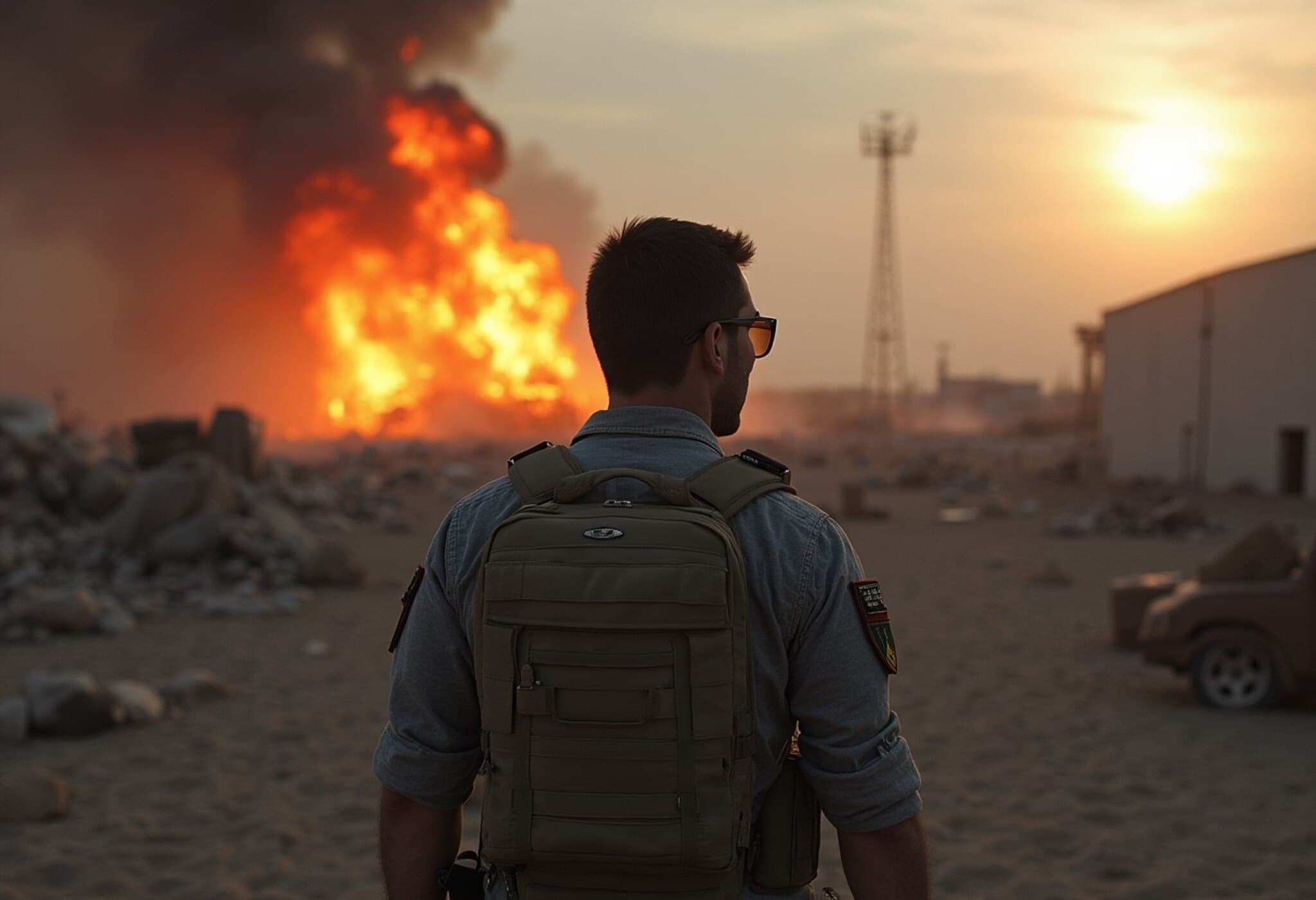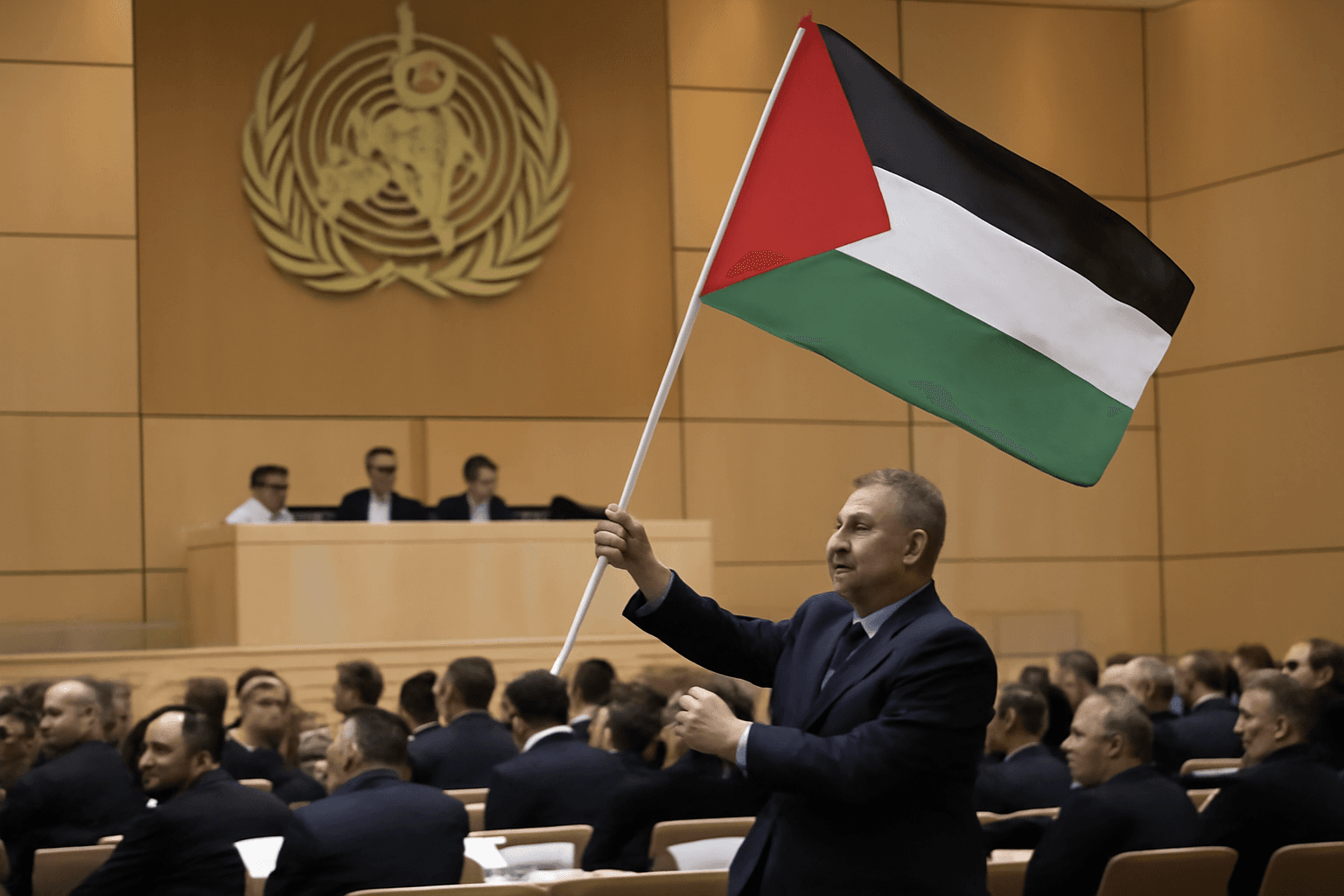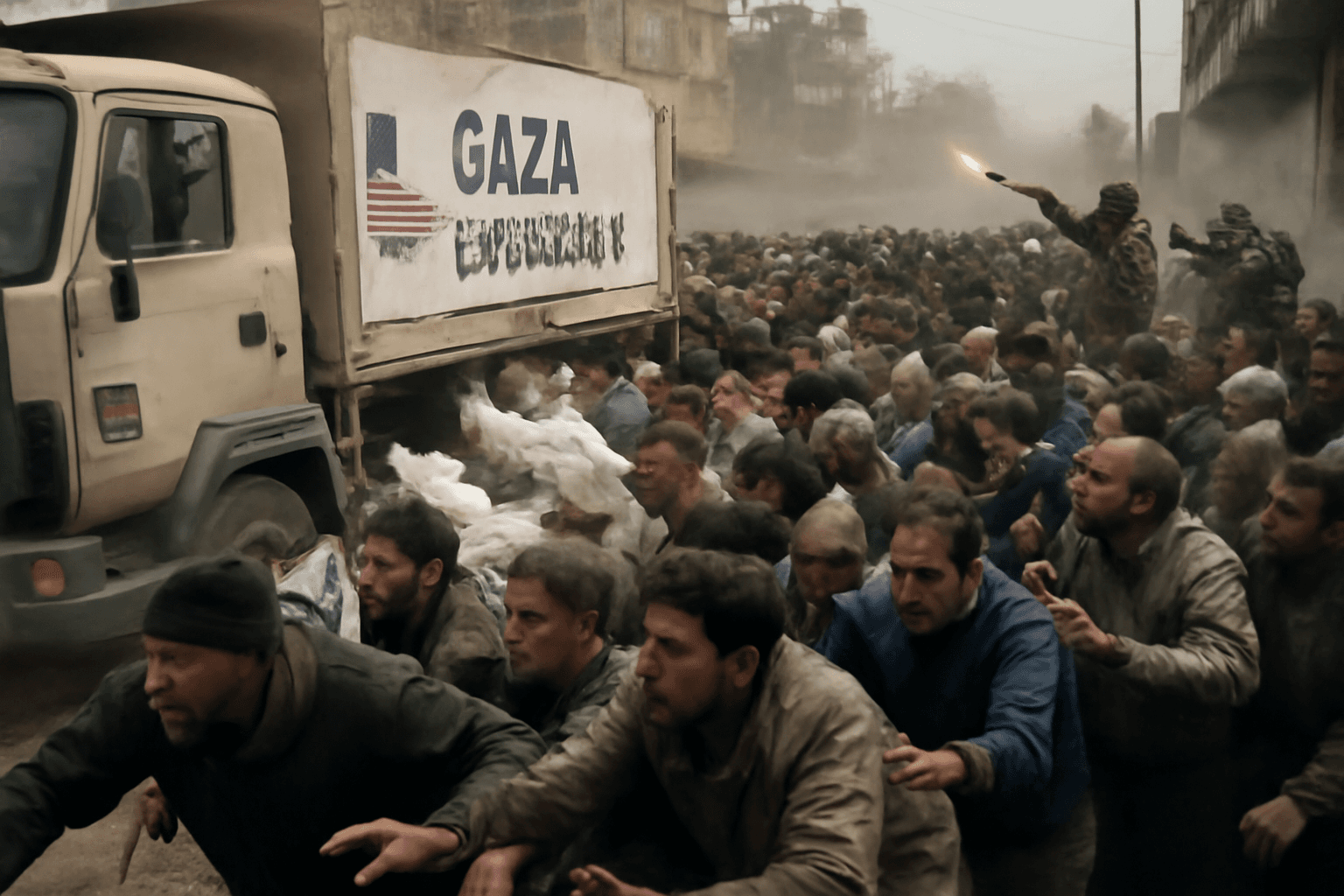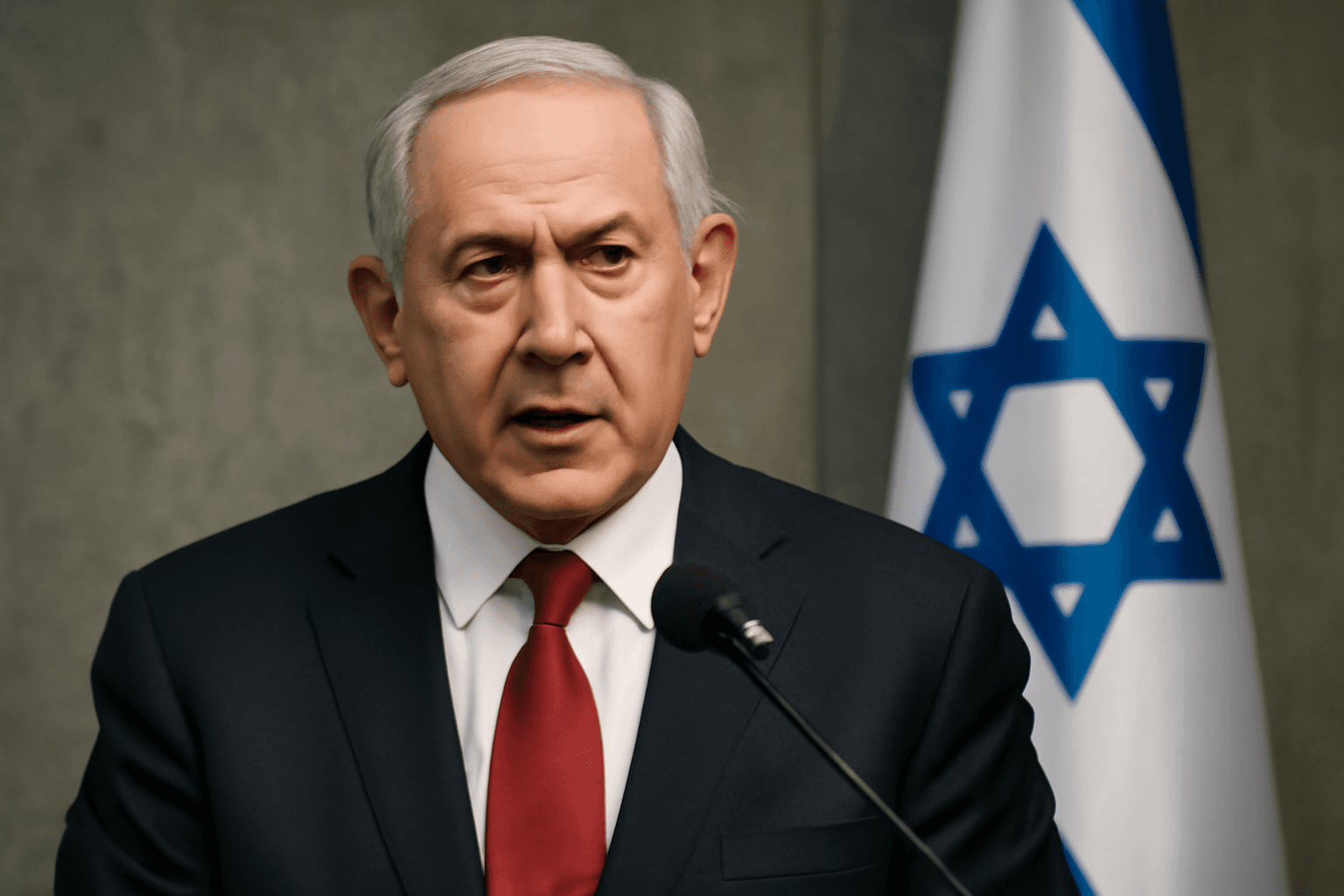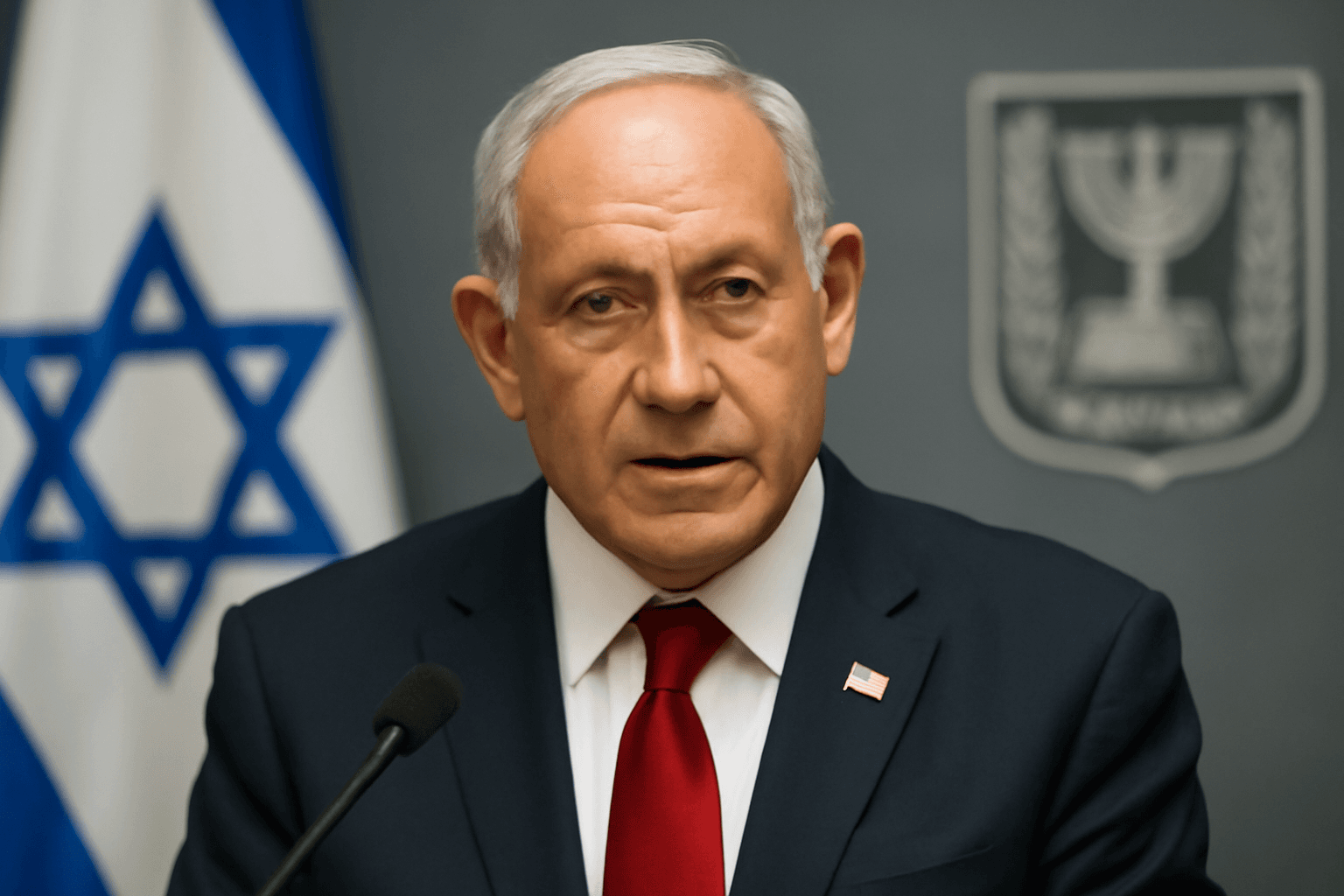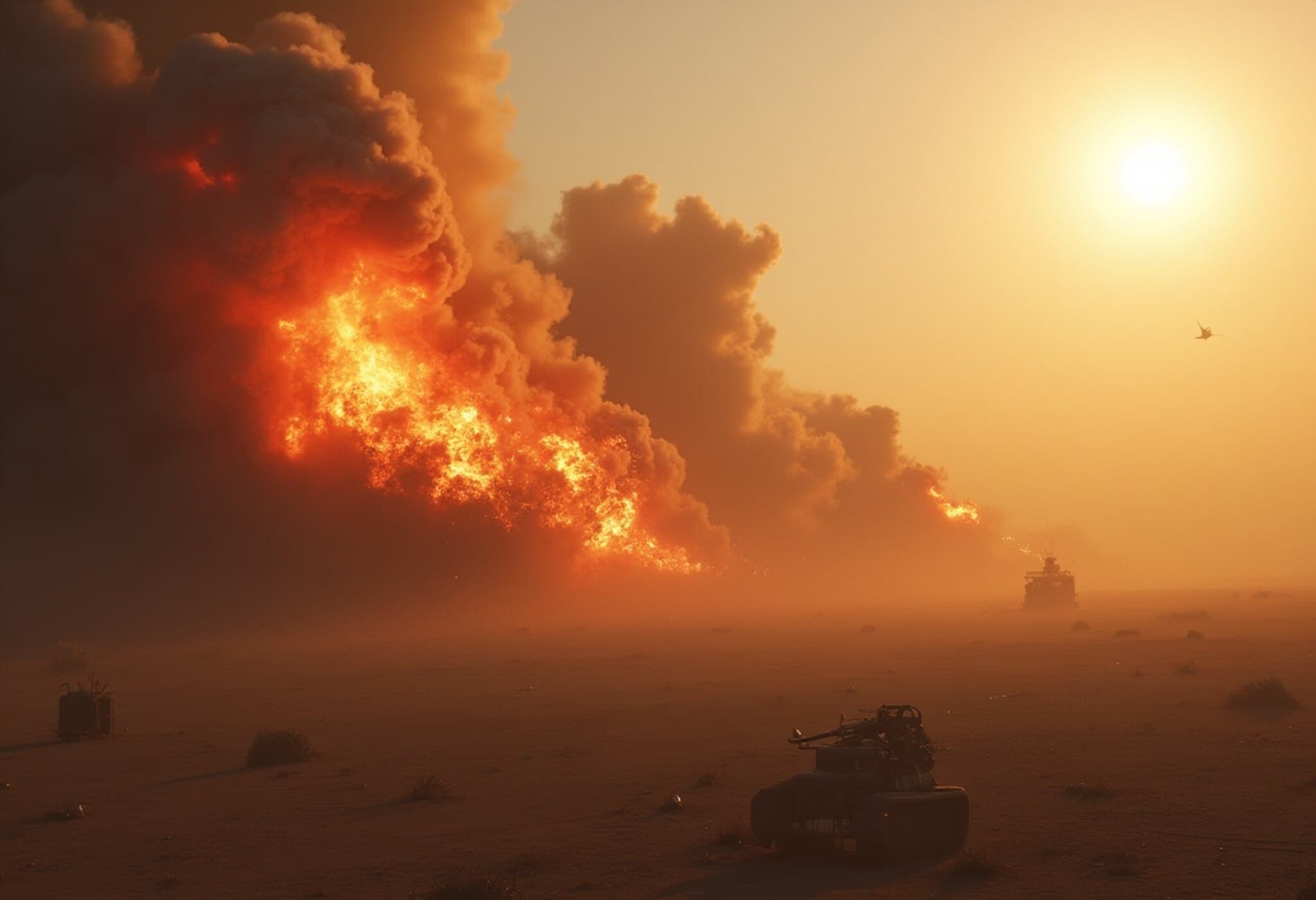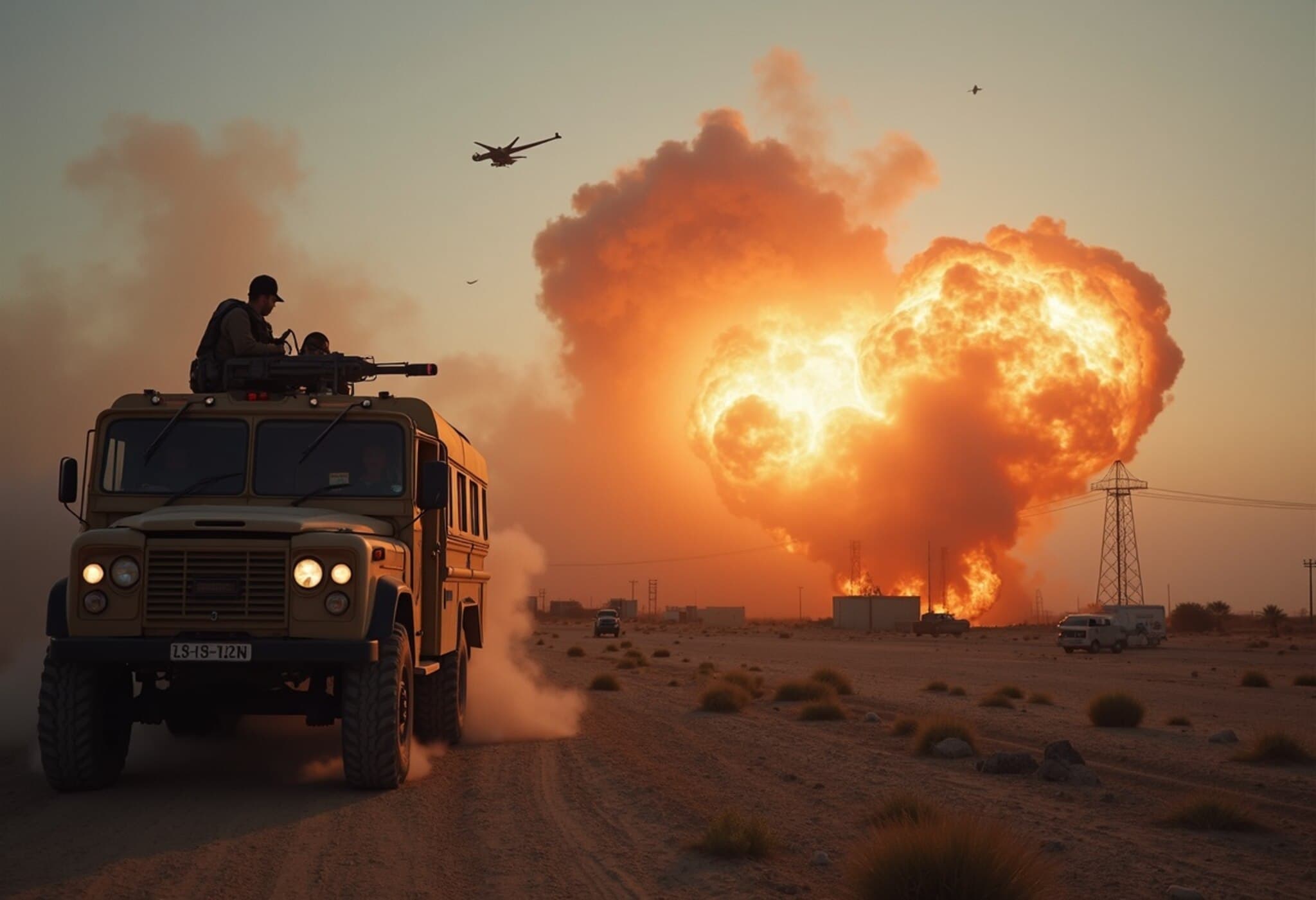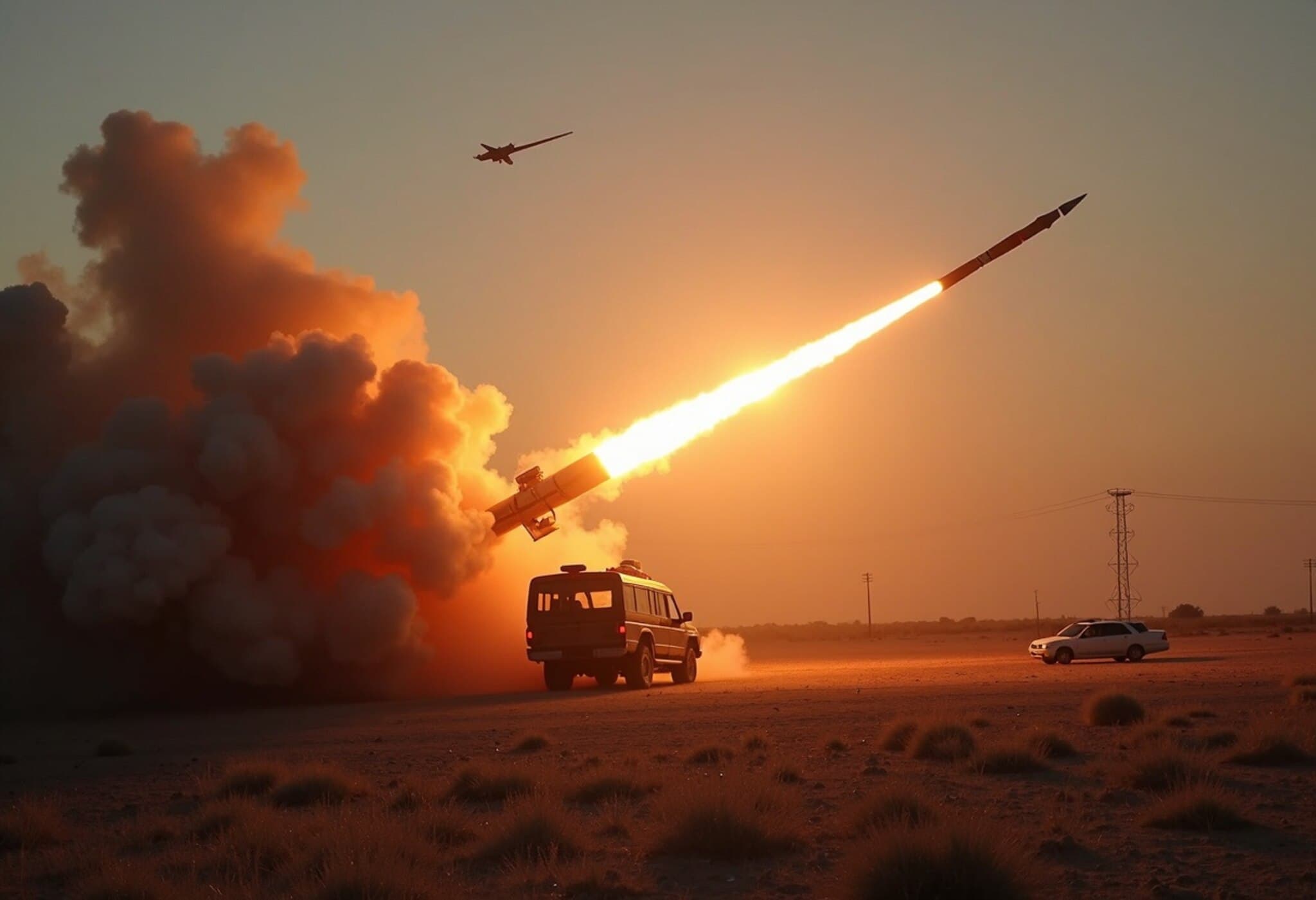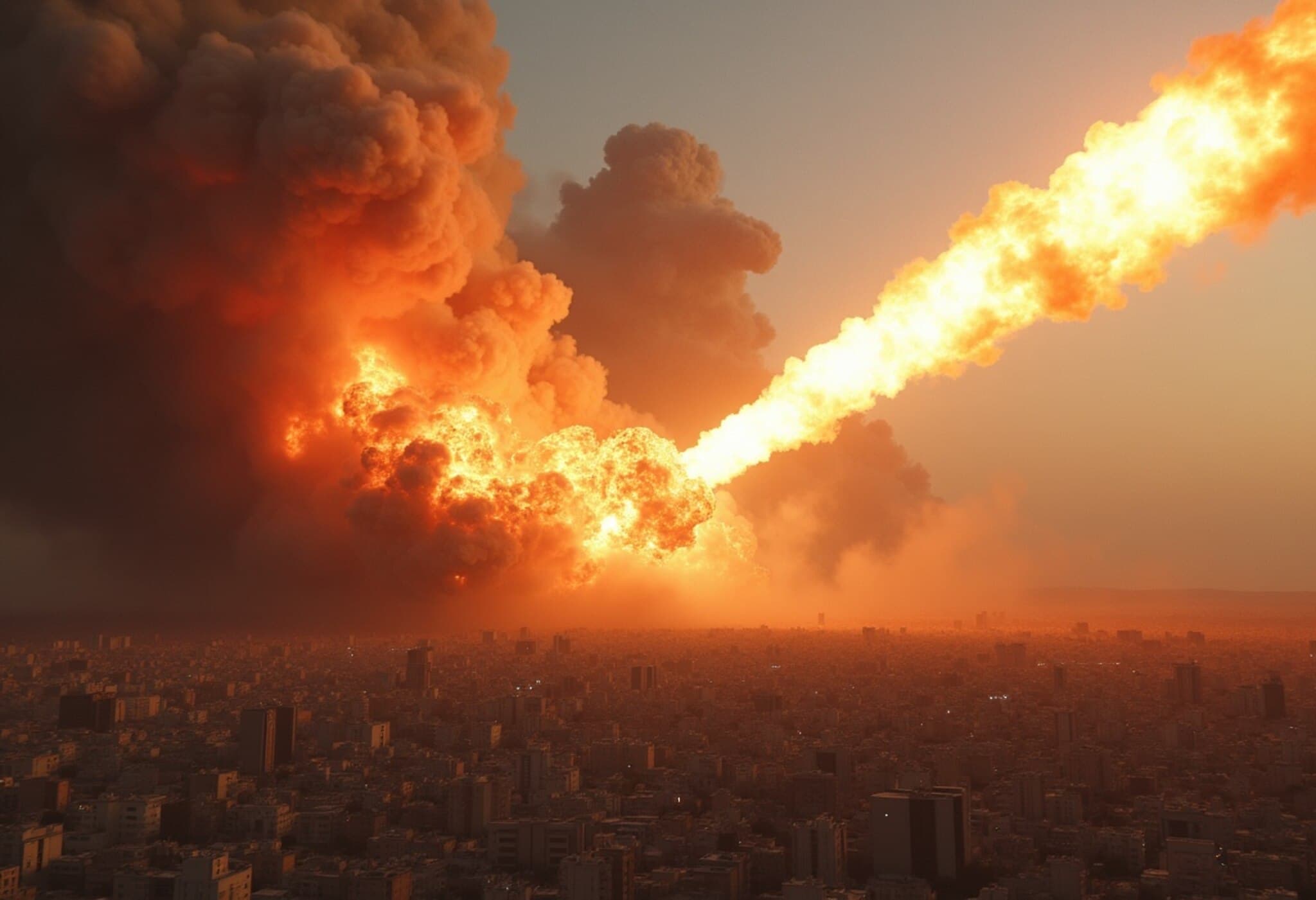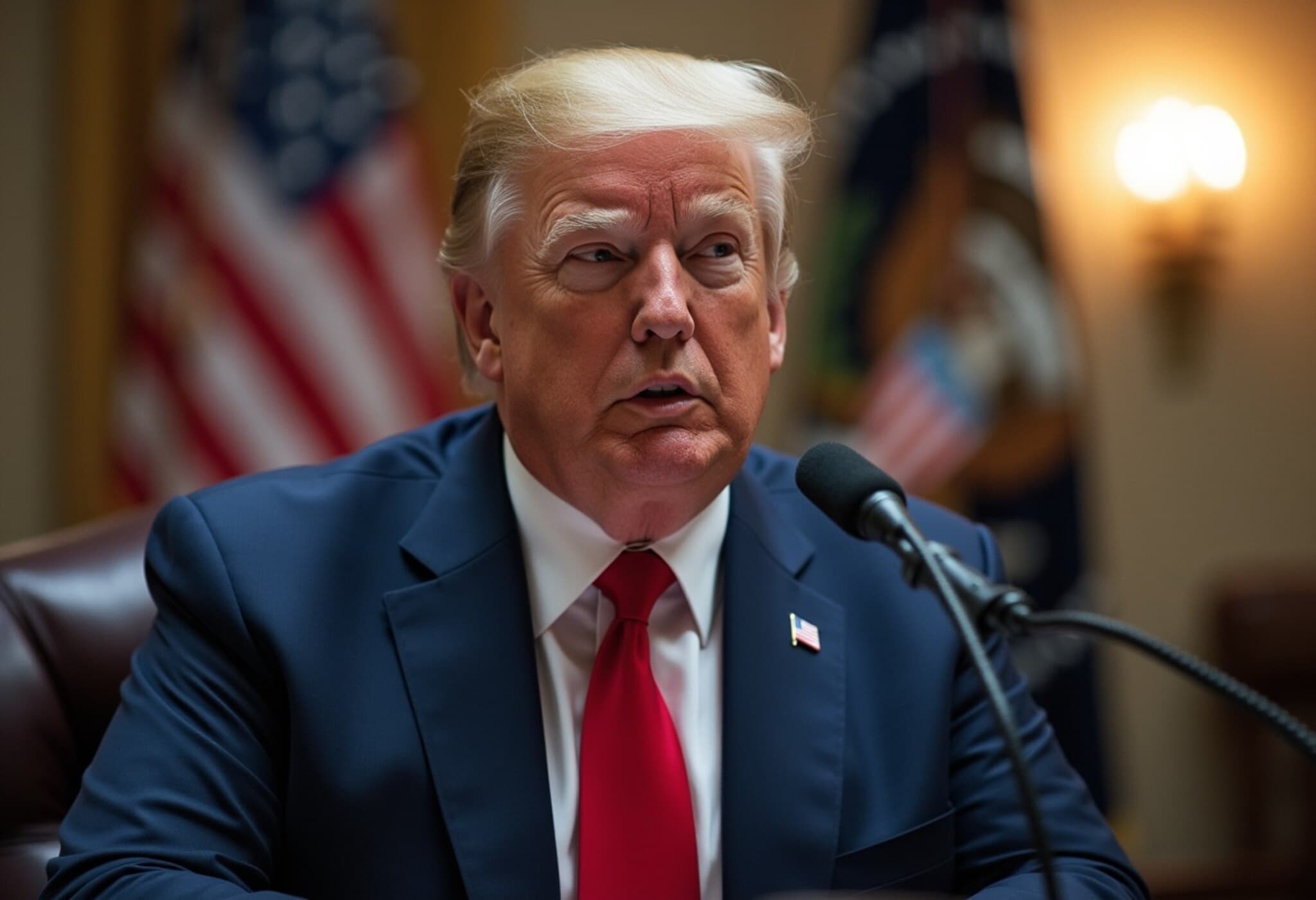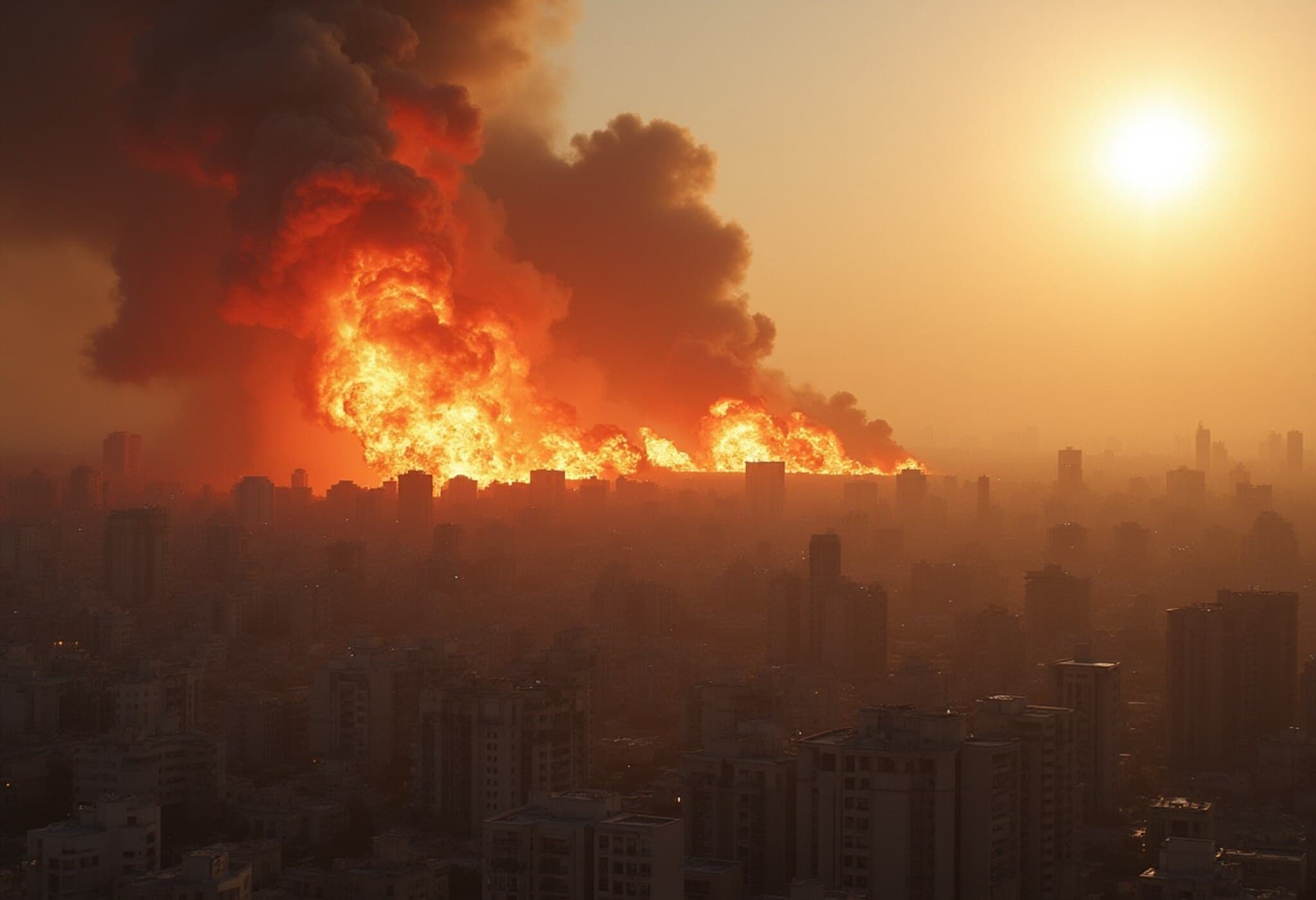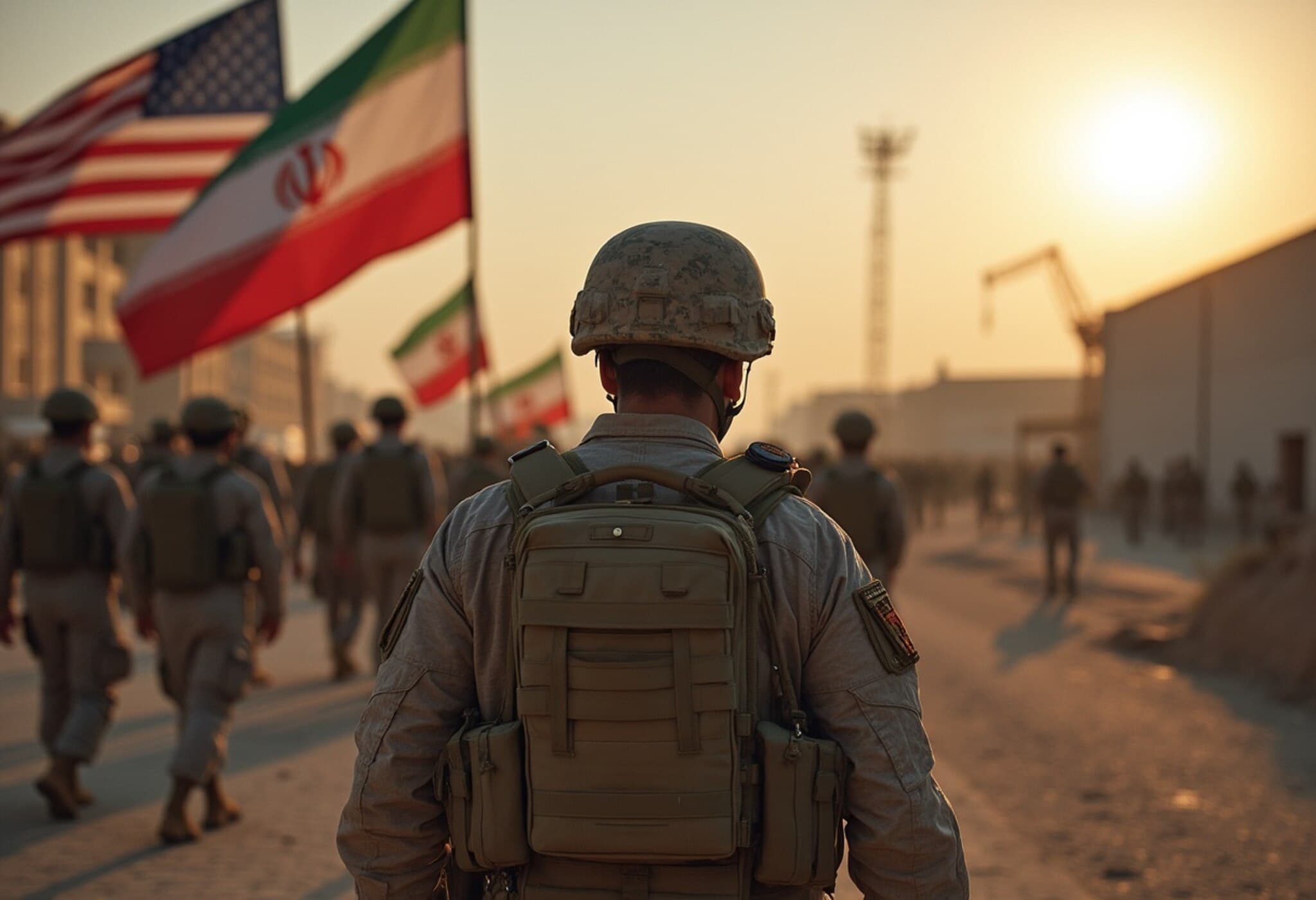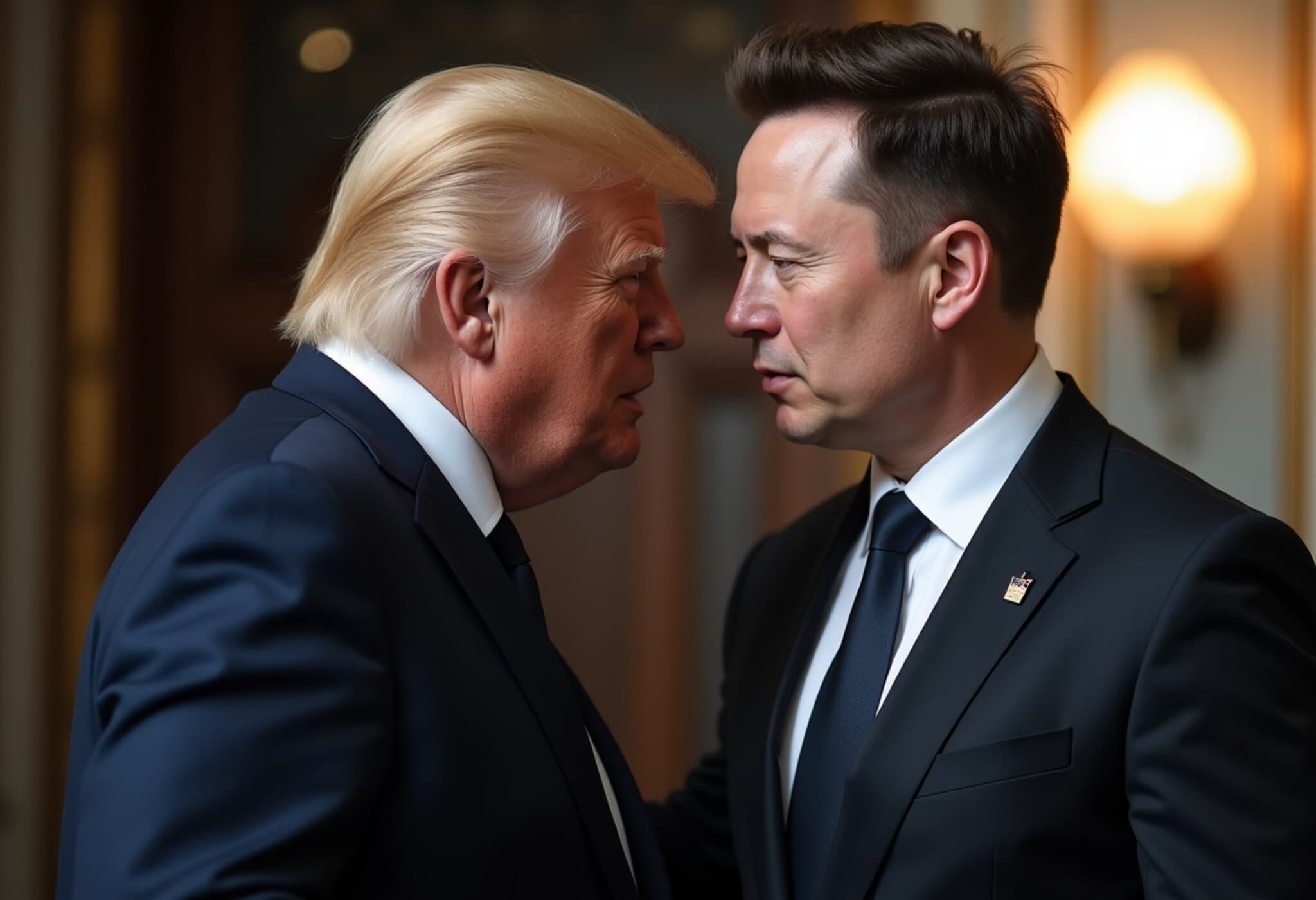Rising Tensions in the Middle East Prompt US to Pull Diplomats
Heightened concerns over a potential Israeli strike on Iran have prompted the United States to withdraw diplomatic personnel from Iraq and authorize the voluntary departure of military family members from key Middle Eastern posts. This strategic move comes amid fears of retaliation from Iran and increasing instability in the region.
Israel Poised for Possible Attack on Iran's Nuclear Facilities
Officials in the US and Europe indicate that Israel is preparing for a possible military strike against Iran’s nuclear infrastructure. Prime Minister Benjamin Netanyahu has long advocated capitalizing on what Israel perceives as a window of Iranian vulnerability, especially after the rejection of a diplomatic proposal aimed at curtailing Iran's uranium enrichment capabilities.
While the exact scope of the planned Israeli operation remains unclear, US leadership under President Donald Trump has previously opposed unilateral military actions, favoring negotiations. However, recent skepticism about the success of diplomacy has risen, as Iran's Supreme Leader dismissed key offers, raising the stakes for potential conflict.
US Cautions Commercial Shipping and Adjusts Military Posture
In response to escalating security risks, the British maritime trade agency issued warnings advising commercial vessels to exercise heightened caution when transiting vital waterways such as the Persian Gulf, Gulf of Oman, and the Strait of Hormuz. Simultaneously, the US State Department ordered the withdrawal of non-essential personnel from embassies in Baghdad, Bahrain, and Kuwait.
Military dependents, primarily from Navy and Marine families stationed in Bahrain, are authorized to leave voluntarily. The US maintains a substantial military presence throughout the Gulf region, including major installations in Bahrain, Kuwait, Qatar, and the UAE. Notably, the aircraft carrier USS Carl Vinson remains deployed in the Arabian Sea, equipped with advanced strike fighters.
Tehran’s Forceful Retaliation Plans and Threats
Iranian officials have reportedly prepared comprehensive retaliatory plans involving ballistic missile strikes against Israel should the latter initiate an attack. This aggressive posture underscores the volatility of the current situation, especially given Iran's advanced missile capabilities and previous escalations linked to conflicts in Gaza.
Iran's Defense Minister warned that any conflict would result in substantial damage to US military assets stationed across the region, signalling potential wide-reaching repercussions beyond the immediate conflict zones.
Diplomatic Talks Hang in the Balance as Sanctions Loom
Despite ongoing negotiations scheduled to continue in Oman, American officials express diminishing confidence in reaching a nuclear agreement with Iran. Meanwhile, the International Atomic Energy Agency is set to vote on a resolution condemning Iran’s accelerated nuclear activities, a development that could trigger the reinstatement of stringent UN sanctions previously lifted under the 2015 nuclear deal.
Iran has vowed strong retaliation in response to any punitive measures, highlighting the tenuous nature of both diplomatic and military developments in the region.
Regional and Global Implications
- Energy Markets: Oil prices surged above $68 per barrel as fears of disruption in the Gulf intensified.
- Security Environment: The US maintains its military readiness with aircraft and personnel deployments, while carefully recalibrating force postures to balance deterrence and diplomacy.
- International Relations: The situation puts added strain on US relations with regional partners including Iraq and European allies, who monitor the evolving crisis with concern.
Conclusion
The Middle East teeters on the edge of wider conflict as Israel readies potential strikes and Iran prepares for retaliation. The US faces difficult decisions in navigating diplomacy while safeguarding its personnel and interests amid an uncertain security landscape. The coming weeks will be critical in determining whether tensions escalate or dialogue prevails.

